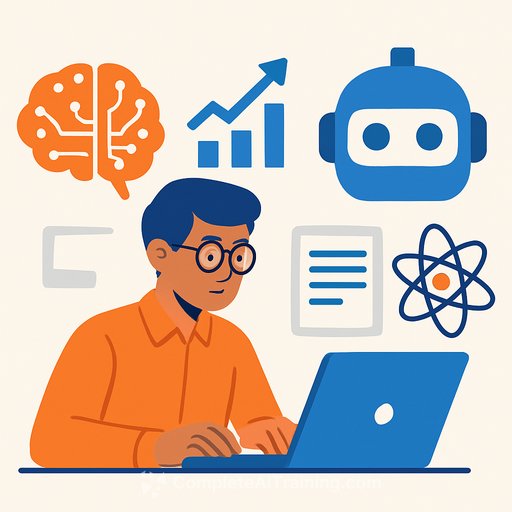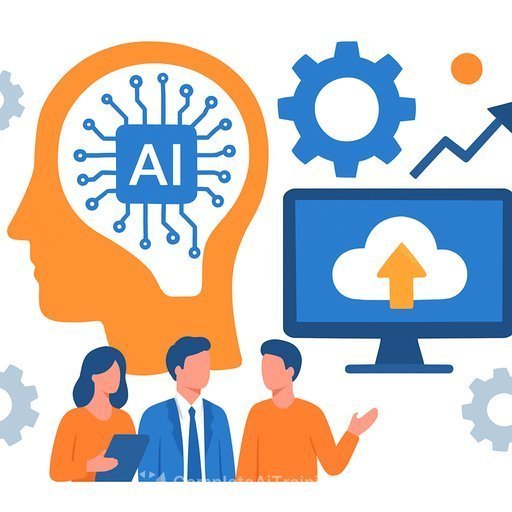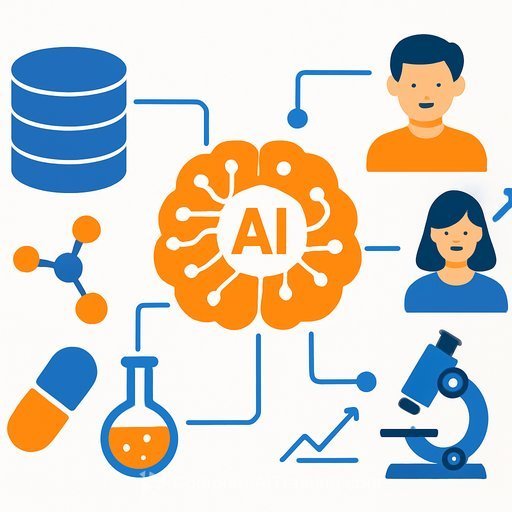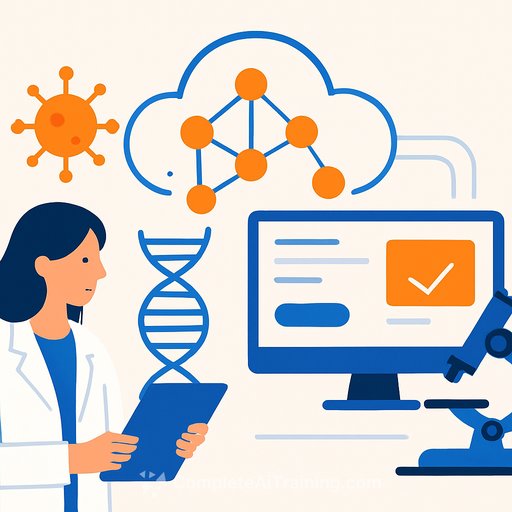Who Owns Our Knowledge? Open Access, ONOS, and the Next Fight for Research Equity
Public money funds most research in India. Governments pay for labs, equipment, and salaries - yet the finished work often sits behind paywalls owned by a few global publishers.
Authors and peer reviewers aren't paid. Then the public is billed again through subscriptions to read what it already funded. That's a broken loop.
The Open Access Promise - And Its New Price Tag
The Budapest Open Access Declaration in 2002 challenged this status quo. If distribution is digital, why keep knowledge locked behind subscriptions?
Two decades later, the picture is mixed. Subscription barriers fell in places, but article processing charges (APCs) rose - often $2,000 to $10,000 per paper - pushing many institutions out of both reading and publishing.
India's ONOS: Progress, With Trade-offs
India's 'One Nation, One Subscription' (ONOS) aims to widen access by giving publicly funded institutions nationwide entry to journals from 30 major publishers starting 2025. It's a practical step: access should not be limited to elite campuses.
But it's costly - especially since over half of global literature is already open via other routes. And it doesn't resolve the deeper issue: why pay foreign publishers to access research Indians produced with public funds?
With Sci-Hub gone, will ONOS step up?
It helps, but only partially. ONOS improves access, not ownership. The deeper fix is rights, policy, and infrastructure that keep publicly funded knowledge public.
Copyright Transfer: How Control Slips Away
In traditional publishing, authors often sign over copyright to the journal. That gives publishers legal exclusivity to monetize distribution and reuse - the core reason authors hesitate to self-archive or share widely.
Open-access journals changed some of this by letting authors keep copyright under a permissive license. But pressure to publish in established venues still nudges many into full transfers that limit visibility and reuse.
Licenses That Expand (or Limit) Reuse
Creative Commons licenses make reuse clear. CC-BY allows sharing, remixing, translation, and even commercial use with attribution - the most pro-research option.
CC-BY-NC restricts commercial reuse. CC-BY-NC-ND bans both commercial use and adaptations, which blocks translation, text/data mining, and derivative educational materials. That slows down education and tool-building.
For most research outputs, CC-BY is the best lever for reach, reproducibility, and impact. You keep credit while removing unnecessary friction.
The New Twist: AI Deals and Double Monetization
Large publishers are now licensing journal content to tech companies for AI training - often without explicit author consent. Example: a reported eight-figure deal between a major publisher and a Big Tech firm.
The industry now profits twice: first via subscriptions/APCs, then via AI datasets. Authors still aren't paid, and they lose control over how their work feeds commercial models.
Practical Moves for Researchers (Start This Week)
- Self-archive immediately: Post your preprints and accepted manuscripts in preprint servers and your institutional repository. Most journals allow some version to be shared - check their policy.
- Keep your rights: Use an author addendum to retain self-archiving and reuse rights before signing. A widely used template: SPARC Author Addendum.
- Choose CC-BY when possible: If you publish OA, select a license that enables translation, text mining, and educational reuse. See options here: Creative Commons licenses.
- Push for rights-retention policies: Advocate within your institution and funders to adopt rights-retention language so your accepted manuscript can be immediately open with a CC-BY license.
- Deposit data and code: Use trusted repositories with clear licenses. Reuse accelerates citations and collaborations.
- Budget smarter: Prioritize fee-free or low-fee OA venues, society journals with sane policies, and institutional OA agreements. Don't default to high-APC journals.
- Track your permissions: Maintain a simple checklist for each paper: what version you can share, where, and under which license. Share links in your profiles.
Policy Signals India Should Back
ONOS can be part of the solution, but ownership and reuse are the core. Rights-retention mandates, green OA deposits by default, and public licensing for publicly funded outputs will move the system from access-by-deal to access-by-design.
Funders and institutions can require immediate open access to the author-accepted manuscript with CC-BY. Pair that with national repositories and clear compliance checks, and you reduce dependence on high-cost publishers.
Open Access Week 2025: A Clear Ask
This year's theme - "Who Owns Our Knowledge?" - is more than a slogan. If the public pays for research, the public should be able to read, reuse, and build on it without friction.
Keep your rights. Use open licenses. Publish where your work can move faster - through classrooms, startups, public policy, and new AI tools - without another invoice.
Your membership also unlocks:






